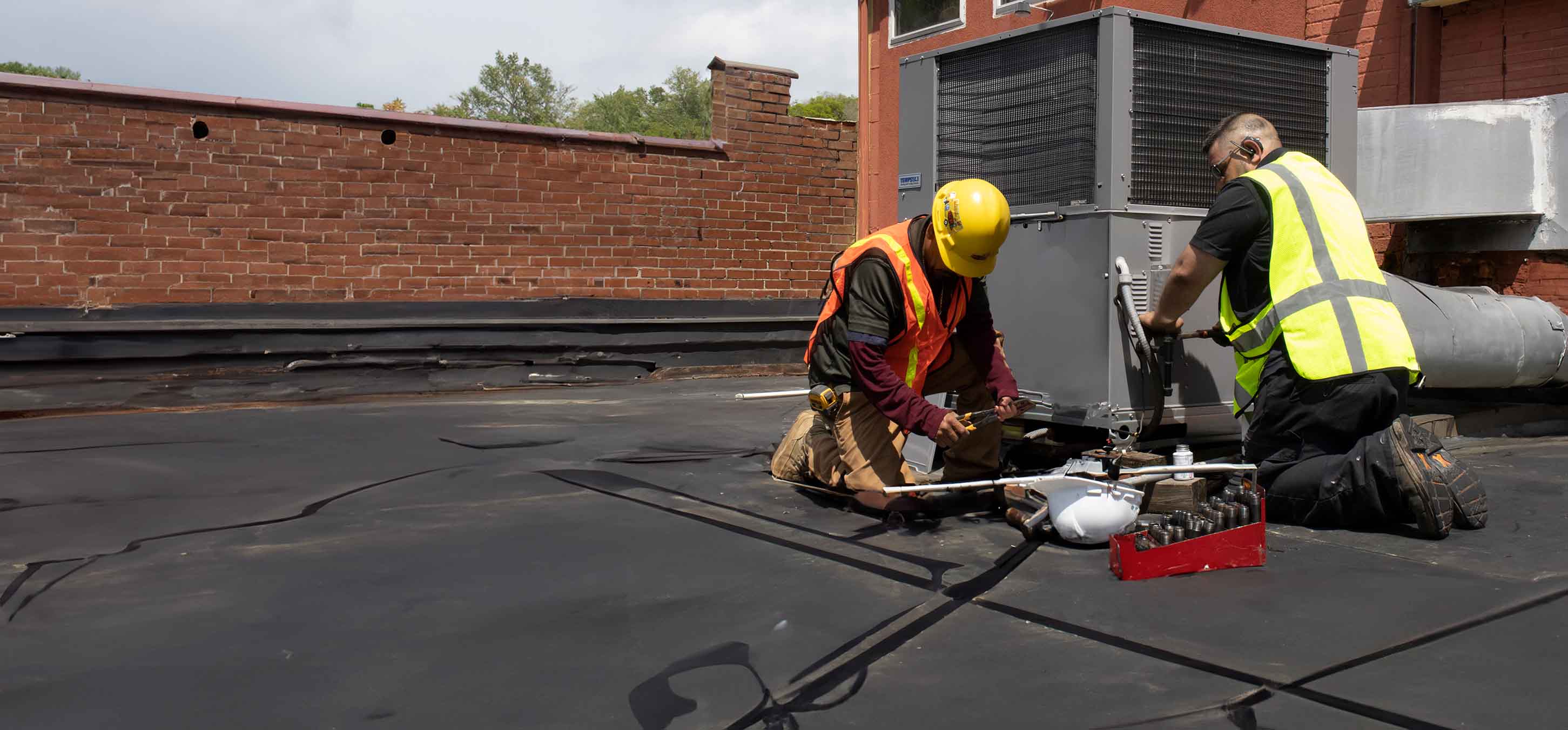

Local Climate Challenges
Your trusted partner for professional home services. Quality workmanship, guaranteed satisfaction.




- HEP
- Local Climate Challenges
Local Climate Challenges | HVAC Unit Replacement | Heating and Air Conditioning | Charleston
From steamy summers that drench your home in salt-laden humidity to surprise winter chills that creep in with Atlantic breezes, Charleston’s climate tests every piece of heating and cooling equipment. When an aging system struggles to keep up, energy bills soar and comfort slips away—signaling it’s time for an HVAC unit replacement. HEP’s local team understands how Lowcountry weather corrodes coils, clogs filters, and strains compressors, so we size and install new units engineered to resist coastal conditions and balance indoor humidity all year long.
Choosing HEP means fast scheduling, transparent pricing, and certified technicians who treat your home like their own. We’ll evaluate your current setup, recommend high-efficiency upgrades, and handle permits, disposal, and final testing so you can enjoy quiet, consistent temperatures without lifting a finger. Breathe easier, save on utilities, and feel the difference a climate-tuned system makes—reach out today and let HEP restore dependable comfort to your Charleston residence.
FAQs
How does Charleston’s hot, humid climate affect the lifespan of my HVAC system?
High humidity and long cooling seasons keep your air-conditioning components running harder and longer than in drier, milder areas. Moisture promotes rust on coils, electronic boards, and outdoor cabinet hardware, while salt carried on sea breezes accelerates corrosion. As a result, HVAC systems in coastal South Carolina often last 2–4 years less than the national average. Scheduling twice-a-year maintenance, washing outdoor coils with fresh water, and choosing equipment treated with coastal-grade coatings can help you get maximum service life.
When replacing an HVAC unit in Charleston, what efficiency rating (SEER2/HSPF2) should I look for?
Charleston’s climate is cooling-dominated with roughly 2,800 annual cooling degree days, so a high Seasonal Energy Efficiency Ratio (SEER2) delivers the biggest savings. We recommend at least 15.2 SEER2 for split systems (the new federal minimum is 14.3), but 16–18 SEER2 units typically provide the best payback within 5–7 years. For heat pumps used for winter heating, target an 8.1+ HSPF2. Beyond those levels, incremental cost rises sharply, so ultra-high SEER2 (20+) models make sense only for homes with very high summer run hours or where utility rebates offset the premium.
Should I choose a heat pump or a conventional AC with gas furnace for Charleston winters?
Because Charleston’s winters are mild (average January low 43 °F) and rarely dip below freezing for long, an all-electric heat pump is often the most economical and environmentally friendly option. Modern heat pumps maintain efficient heating down to 25 °F, and backup electric strip heat covers rare cold snaps. However, if you already have natural gas service and prefer hotter supply air, a dual-fuel setup (heat pump plus 90+% AFUE gas furnace) offers the best of both worlds—low-cost electric heating in shoulder seasons and efficient gas heat below 35 °F.
How do hurricanes and coastal storms influence my HVAC replacement choices?
Charleston experiences tropical storms that can bring flooding, flying debris, and extended power outages. When replacing your HVAC system, consider: (1) Elevated condenser stands or wall mounts if your property is in a flood zone; (2) Coastal-rated units with epoxy-coated coils and stainless hardware to resist saltwater corrosion; (3) A heavy-duty hurricane pad and tie-down straps meeting ASTM 1558 wind-load standards; (4) Surge protectors or a whole-home generator interlock to protect electronics during power restoration. These upgrades add modest cost but dramatically reduce storm-related damage risk.
What indoor air-quality add-ons make sense for Charleston’s high humidity?
Excess indoor moisture can lead to mold, dust-mite growth, and musty odors. When you replace your HVAC unit, discuss these options: • A variable-speed blower and thermostatic expansion valve (TXV) for longer, lower-speed cooling cycles that wring out more humidity; • A whole-home dehumidifier integrated into the return duct to maintain 50% relative humidity even on mild, wet days; • UV germicidal lamps at the evaporator coil to curb biofilm; • MERV-11 to MERV-13 filters that trap coastal pollen and mold spores. Properly sizing the new system is crucial—oversized equipment short-cycles and leaves moisture behind.
How much does HVAC replacement typically cost in the Charleston area, and are there local incentives?
For a 2,000-sq-ft home, replacing a standard 3-ton split heat pump or AC/gas system in Charleston runs $7,500–$11,000 for 14.3-15.2 SEER2 equipment and $11,000–$15,000 for high-efficiency 16–18 SEER2 variable-speed models (pricing includes labor, pad, line set, thermostat, and permits). Coastal-rated upgrades add $300–$600. Dominion Energy South Carolina currently offers rebates up to $700 for ENERGY STAR heat pumps ≥15.2 SEER2 and $300 for smart thermostats when installed by qualified contractors. Federal tax credits under the Inflation Reduction Act provide 30% of project cost, capped at $2,000 for qualifying heat pumps and $600 for advanced electronic controls.